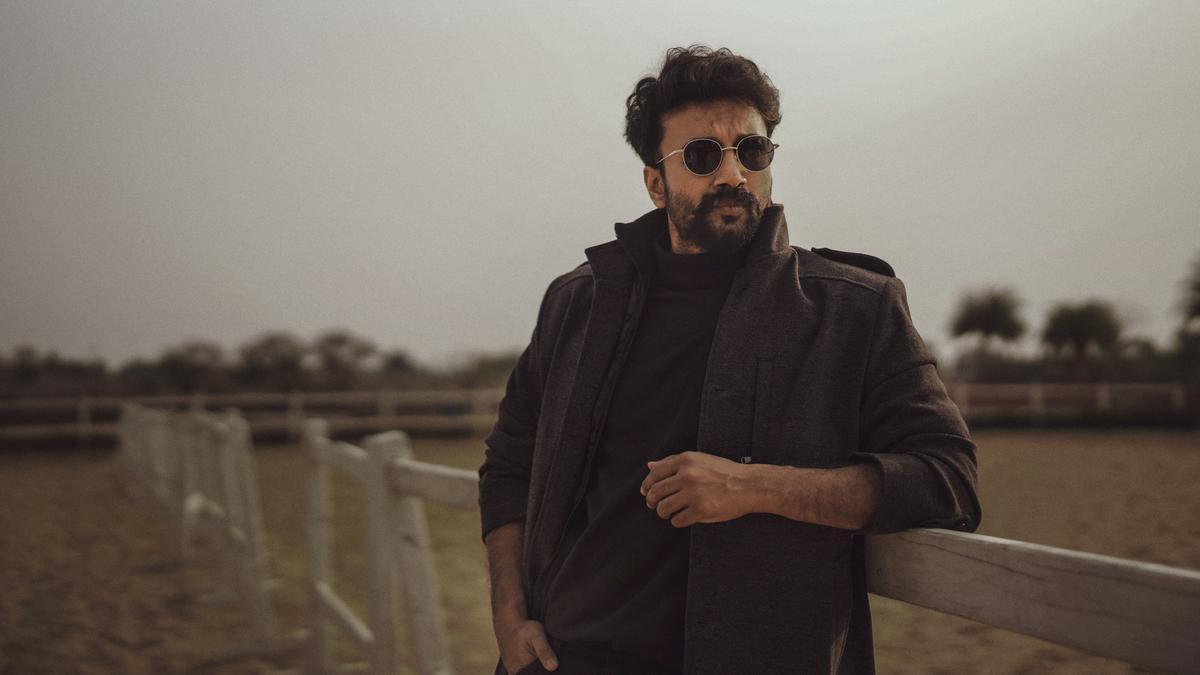
Scott Turow’s debut novel, “Presumed Innocent” (1987), is a gripping tale set in Kindle County, focusing on prosecutor Rožat “Rusty” Sabich, who finds himself ensnared in the murder investigation of his colleague and former lover, Carolyn Polhemus. This novel isn’t just a legal thriller; it delves deep into themes of innocence and guilt, marriage, fidelity, jealousy, rage, and obsession.
The novel achieved critical and commercial success, leading to its adaptation into a lauded film by director Alan J. Pakula. The 1990 movie featured Harrison Ford in a role that was starkly different from his typical action-hero persona, supported by Greta Scacchi as Carolyn. The film was notorious for its graphic scenes and its shocking conclusion, with Ford’s buzz cut signifying a break from his recognizable image, ensuring audiences wouldn’t see the usual action star.
With a still from Apple TV’s adaptation featuring Jake Gyllenhaal surfacing online, anticipation began to build. However, when David E. Kelley, the mastermind behind celebrated legal dramas such as LA Law and Ally McBeal, and recent high-gloss series like Big Little Lies, announced his miniseries adaptation of “Presumed Innocent,” reactions were mixed. Kelley’s recent work, often characterized by polished surfaces but lacking depth, set a cautious expectation for this adaptation. True to form, Kelley delivers a version of “Presumed Innocent” that is visually sharp but narratively hollow.
The essence of “Presumed Innocent” lies in its first-person narrative, where Rusty serves as an unreliable narrator—a concept that was quite innovative at the time of the novel’s release. Although the movie condensed a lot, focusing solely on the novel’s primary events, the eight-episode series afforded Kelley ample space to delve into character complexities and subplots. Instead, we get a portrayal of Rusty by Gyllenhaal that emphasizes frenetic action over deeper psychological exploration.
Gyllenhaal’s Rusty is emblematic of Kelley’s failure to capture the character’s depth. He is perpetually in motion, symbolically represented by his relentless treadmill workouts, yet there is no opening into his internal world. This portrayal lacks the introspection the character demands, leaving Rusty’s motivations and emotional landscape largely unexplored. His character, who jeopardizes his family for an extramarital affair, should be deeply complex, yet he remains an enigma along with Carolyn, played inscrutably by Renate Reinsve.
.
Following the novel’s main storyline, Rusty is accused of murdering Carolyn, his colleague and former lover. However, the series introduces major deviations, many of them seeming arbitrary. The most significant change comes in attempts to address underlying misogyny by altering some characters’ genders. While Nico Della Guardia and Tommy Molto remain men, Judge Lyttle and Detective Alana Rodriguez are now women, played by Noma Dumezweni and Nana Mensah respectively. A pregnancy subplot is also added, altering the narrative dynamics significantly.
Argentine lawyer Sandy Stern, a crucial character in defending Rusty in the novel, is conspicuously absent from the series. Instead, Raymond Horgan, Rusty’s superior, takes on the defense role, aided by Mya, Stern’s associate. Within this reimagined storyline, Barbara, Rusty’s wife, is portrayed by Ruth Negga as a cryptic yet clingy character. Egged on by Raymond’s wife Lorraine, she engages in “revenge sex” with bartender and art PhD candidate Clifton. Various other peripheral characters from the book make appearances, but their portrayals often fall flat or deviate confusingly from their original roles.
The subplot involving Liam Reynolds, a murderer Carolyn had once imprisoned for binding and killing a woman, adds another layer to the story, reflecting a similar modus operandi in Carolyn’s death. However, it feels tacked on rather than integral. Additional elements include Carolyn’s ex-husband Dalton and their son Michael, as well as Rusty’s children Jaden and Kyle, who face challenges at school. At one point, Rusty, Barbara, and Kyle even consult the same therapist, highlighting familial strains.
In the six episodes available for review, there is little evidence that “Presumed Innocent” will gain the narrative momentum or emotional depth it desperately needs. It is poised to drone on in a polished but uninspired manner until a tepid conclusion. It’s regrettable that Jake Gyllenhaal’s television debut is tied to such a lackluster project.
“Presumed Innocent” is now streaming on Apple TV, with new episodes released every Wednesday until July 24, 2024.










